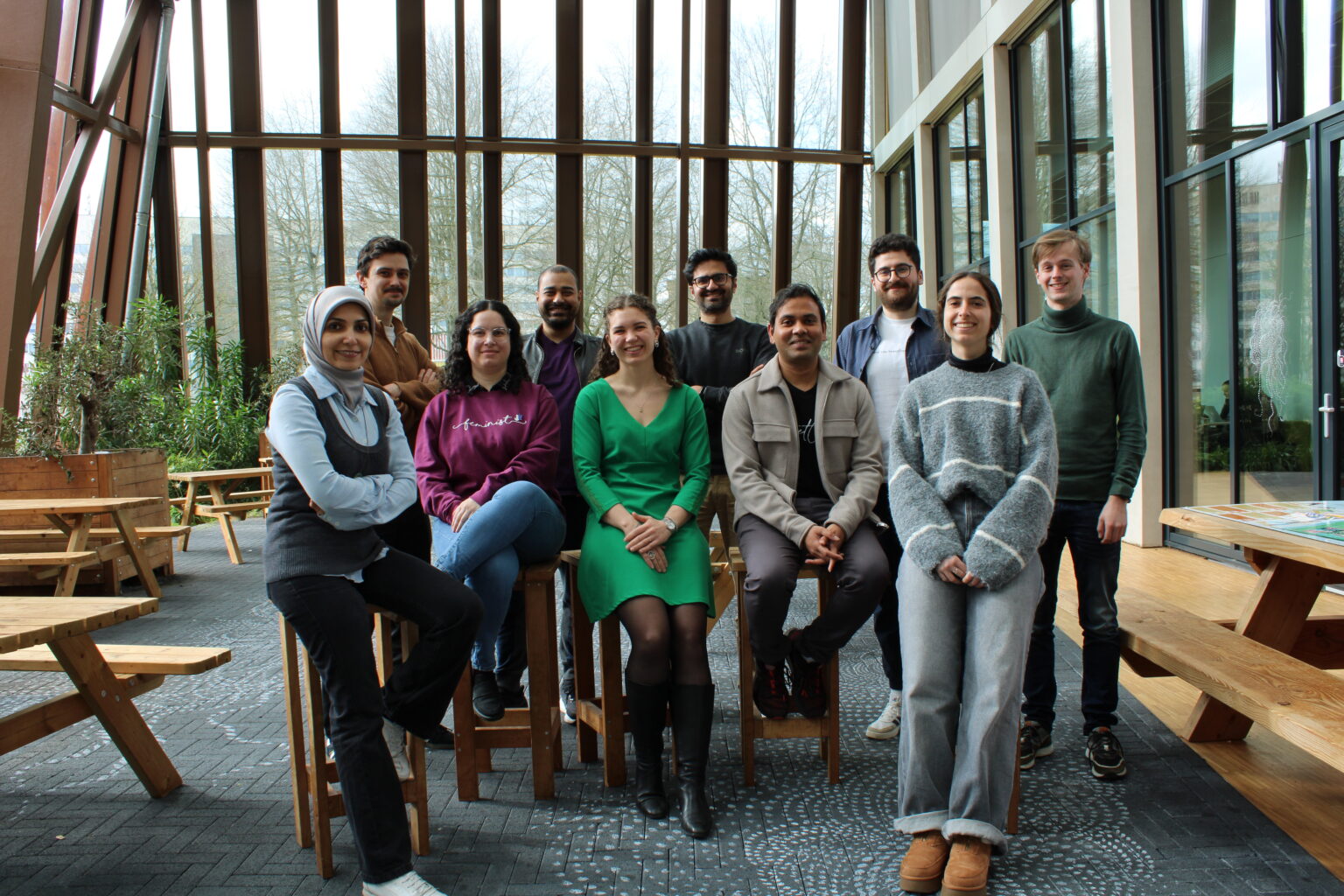Developing sensor technology for research application
Important Notice: Rely-V™ is a technology under development. It is not a medical device, has not received CE marking, and is not available for clinical use.
Every year, 1 in 10 newborns is born prematurely, requiring admission to Neonatal Intensive Care Units (NICUs). NICU patients are vulnerable and have very low tolerance for medication errors, as evidenced by a high mortality rate of 7%1. However, intravenous (IV) infusion therapy, which is the primary mode of drug delivery in intensive care, suffers from flow rate errors in over 60% of cases2, due to a variety of reasons such as occlusions, pump displacement, multi-infusion dynamics, and so on3.
Within NICUs, where an estimated 100 million IV infusions are administered annually worldwide, precision is paramount, particularly considering the prevalence of 'high-alert' drugs that carry significant risks of adverse events. The existing shortcomings in IV infusion procedures contribute to the likelihood of over or under dosage, consequently elevating the risks of serious clinical consequences such as neurodevelopmental impairment4 and mortality5. These problems have been recognized by regulatory bodies6,7 and major MedTech companies7.
It's essential to maintain low infusion rates (< 2 mL/hr) to prevent fluid overload in infants. However, at such low infusion rates, current systems can take up to an hour to detect blockages9, which is longer than the half-life of critical drugs. This delay significantly increases the likelihood of adverse drug events in the NICU, where each IV-related adverse event can add up to €10k in additional healthcare costs.
The FDA has highlighted this concern, issuing safety alerts about the severe clinical consequences of IV flow instability at low rates in neonatal patients7,8. Similarly, major MedTech companies have also acknowledged the risks of infusion interruption while administering high-risk IV infusions8.
1. Preterm birth: World Health Organization (WHO) factsheet. Link (2023).
2. Rooker, J. C. & Gorard, D. A. Errors of intravenous fluid infusion rates in medical inpatients. Clinical Medicine 7, 482 (2007).
3. Van Der Eijk, A. C., Van Rens, R. M. F. P. T., Dankelman, J. & Smit, B. J. A literature review on flow-rate variability in neonatal IV therapy. Paediatric Anaesthesia vol. 23 9–21 Preprint at Link (2013).
4. Datir, S., Sewsarran, C. & Sarkar, G. Lipid overdose in a preterm neonate: lessons learnt from medication error. BMJ Paediatr Open 5, A115 (2021).
5. Badr, M. et al. Fatal accidental lipid overdose with intravenous composite lipid emulsion in a premature newborn: a case report. BMC Pediatr 21, (2021).
6. FDA. Syringe Pump Problems with Fluid Flow Continuity at Low Infusion Rates Can Result in Serious Clinical Consequences: FDA Safety Communication. Link (2016).
7. FDA. Infusion Pump Risk Reduction Strategies for Clinicians. Link (2018).
8. Waterson, J. & Bedner, A. Types and frequency of infusion pump alarms and infusion-interruption to infusion-recovery times for critical short half-life infusions: Retrospective data analysis. JMIR Hum Factors 6, (2019).
9. Baeckert, M. et al. Performance of modern syringe infusion pump assemblies at low infusion rates in the perioperative setting. Br J Anaesth 124, 173–182 (2020).
Rely-V™ represents our MEMS sensor research initiative currently under pre-clinical development (TLR-4). Our research explores advanced approaches to low flow measurement in controlled laboratory settings.
Development Objectives:
Developing precision measurement capabilities designed for low flow rates (< 5 mL/hr) using optimized sensor positioning.
Our research focuses on non-invasive measurement approaches through reusable sensor design that avoids direct fluid contact.
Developing real-time notification systems with wireless connectivity. Our research explores fast signal processing and data transmission architectures.
Researching multi-channel data acquisition systems with remote accessibility features.
Developing modular hardware designs with universal mounting mechanisms. Our research includes sensor housing development and wireless display interface architectures.
Our sensor technology targets the global market opportunity in precision flow measurement. The underlying MEMS technology platform has potential applications across multiple industrial sectors.
Our sensor technology is being explored for various biomedical applications requiring flow sensing. Contact us to discuss potential research collaborations.
Currently in the design/development stage with a Technology Readiness Level (TRL) of 4. We're conducting preclinical tests (ex vivo and in vitro) to create a fully functional prototype.
Rely-V™ is NOT currently available for clinical use. We are already partnering and seeking further research partnerships with NICUs for technology development and pilot studies. If you are interested, please contact us.
Sencilia, founded in September 2021, spun out from the University of Groningen with the mission to enhance the safety of IV infusion therapy for vulnerable patients. Our innovative flow sensor technology is being developed in collaboration with renowned partners such as Erasmus Medical Center and the University Medical Center Groningen. We are currently developing Rely-V™ technology, with the vision of becoming the standard of care in IV infusion therapy by 2030.
